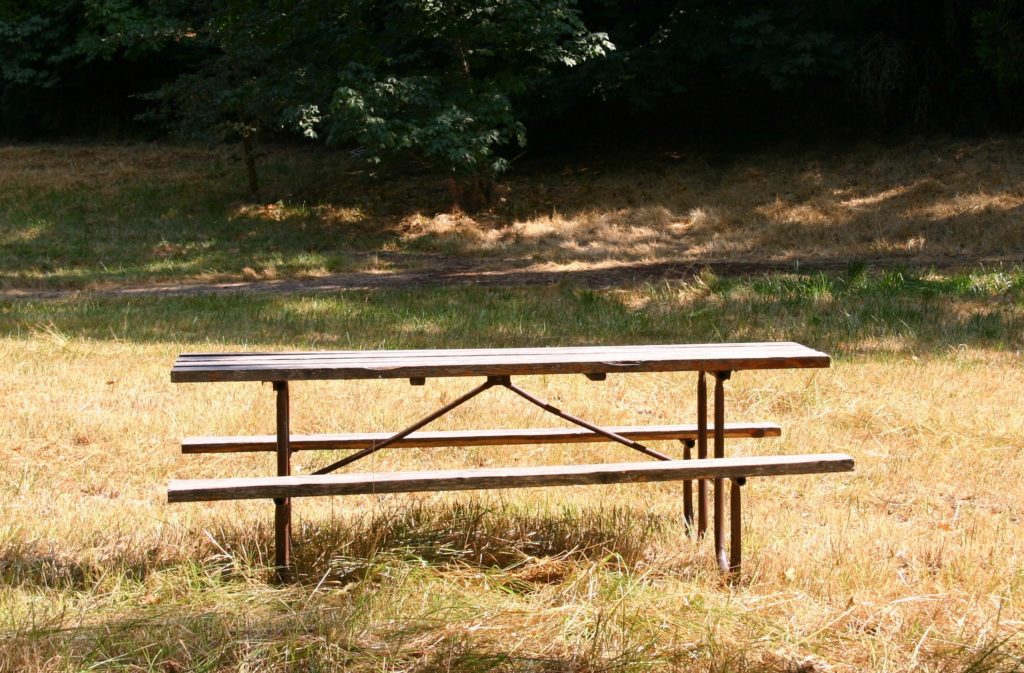At the end of 2010, I shared 10 magic moments when someone said or wrote something that surprised or inspired me. Moments that made me say, “aha.” Now, as we say so long to 2012, I have 12 more for you:
I unsubscribed from the clock. Dropped my watch right into the garbage. Shut off the glowing green-blue digital clocks that seem to piggyback on every appliance known to man – microwave, stove, VCR. … I’m less stressed. I don’t worry about how long things take or even bother considering how long they should take. … I’m no longer chained to the clock. I measure my life in heartbeats and years, the only significant units to me. – Steven Corona, Living Without Time
Plants, it turns out, possess a sensory vocabulary far wider than our perception of them as static, near-inanimate objects might suggest: They can smell their own fruits’ ripeness, distinguish between different touches, tell up from down, and retain information about past events; they “see” when you’re approaching them and even “know” whether you’re wearing a red or blue shirt; like us, they have unique genes that detect light and darkness to wind up their internal clock. – Maria Popova, What a Plant Knows
Micro-publishing means that every person is a publisher. It takes away the whole idea of “us” vs. “them” that comes part and parcel with indie publishing and establishes that there is only Us, all of the people in the world, and we are all publishers. – Christina Katz, “What is What Is Micro-Publishing? A Thorough Definition By Christina Katz”
Idleness is not just a vacation, an indulgence or a vice; it is as indispensable to the brain as vitamin D is to the body, and deprived of it we suffer a mental affliction as disfiguring as rickets. The space and quiet that idleness provides is a necessary condition for standing back from life and seeing it whole, for making unexpected connections and waiting for the wild summer lightning strikes of inspiration — it is, paradoxically, necessary to getting any work done. – Tim Kreider, “The Busy Trap,” New York Times
Pushing our children toward adulthood takes us (and them) away from seeing that each of us are whole people exactly as we are. A baby is not an unformed child, a child is not an ungrown adult, an elder is not an age-ruined version of a once younger self. … We don’t have to paddle away from the moment we live in toward some ideal age. Doing so doesn’t just wish away right now, it also condemns every other age we live in to be something less. – Laura Grace Weldon, What’s the Perfect Age?
Focus on your masterpiece. Whatever you focus on, you’ll create. Think your project is crappy? Then it will be crappy. Think you’ll get it done no matter the odds? Then you’ll finish it even if you get hit by a bus. – Joshua Fields Millburn, Create Your Masterpiece, a 16-Step Guide
So began my year of living the shareable life, which I chronicled on shareable.net. … I hadn’t thought my blog would make a difference, but I was wrong. My story was picked up by Fast Company, Sunset, and NBC Nightly News, reaching tens of millions of people with the message that sharing is both good for the soul and a savvy financial move. At the end of the day, I reaped the personal reward of sharing with my neighbors. And I have an extra $17,000 in my pocket. – Neal Gorenflo, How I saved $17,000 in one year by sharing
I remember hearing about a book called “How to Parent without Bribes, Threats and Punishments,” and I laughed because those were all my discipline tools, and I believed in them. But, 2 years later, I’m orbiting a more peaceful planet and making an occasional smooth landing. … I still value compliance, but not the kind that comes from threats or promise of a reward, because in the long run, I want my children to be motivated to make choices from their intrinsic desire to add to the peace and harmony of our family (and the planet). – Rachel Turiel, orbiting a more peaceful planet
I learned a little trick while practicing meditation that helped me, not only with meditation, but with just about everything I do. I noticed I was reluctant to start the meditation, and paused to wonder why that is. What I noticed was a kind of tightness, in my chest and shoulders and neck, but also in my mind. … I chose to let go of the tightness. – Leo Babauta, The Little Trick to Make Any Moment Better
What if we stopped labeling our children, criticizing our children, fretting over our children, and instead just loved them unconditionally and let them be themselves? I have a theory about this: If we stop trying to change and mold our children and start loving them just the way they are then we have to extend the same courtesy to ourselves. – Jennifer Margulis, Mismatched: When Your Child’s Personality Clashes With Your Own
I looked in the other pocket. I looked in my bag. And then I remembered, with dull thud to the gut—I changed trousers before leaving my room. The Fitbit was back at the hotel, clipped to my jeans, motionless, recording nothing. … Part of me wanted to cab it back to the hotel. Cab it back and clip on the Fitbit and do the walk again. … Smiling, I looked out over a Paris glowing golden—caught in a long summer twilight—and enjoyed the day for what it was: a beautiful walk, existing only in my mind, to be forgotten, unrecorded and fleeting, just as it’s always been.” – Craig Mod, Paris and the Data Mind
Our children don’t need us to play with them all the time. It only seems like that because we keep running away from them. … Child development experts say preschoolers need one hour of undistracted play with a parent each day. … But this means one hour when you sit on the floor and don’t get up. You don’t leave to fold the laundry or start supper. You don’t abandon the game to do something more interesting or important. You don’t check your email or fiddle on your phone. And the game is one they choose, not something you think is worthwhile or educational for them.” – Karen Maezen Miller, momma time






